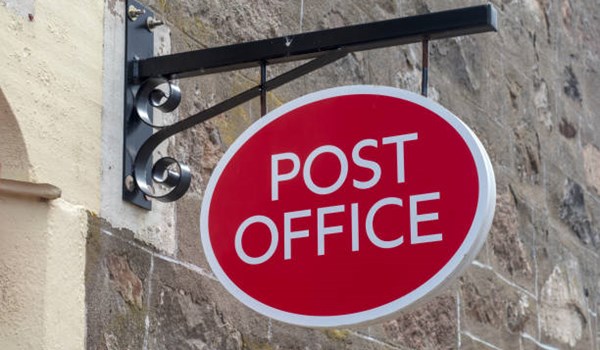
ASIA: South Korea to Delay Crypto Tax
South Korea’s cryptocurrency tax policy is once again in the spotlight, following a series of delays that have become emblematic of the challenges faced by regulators worldwide. Initially planned
Italy, Germany and the Netherlands are on the short list for an EU top job running the bloc’s new anti-money laundering body, according to multiple officials.
Italy’s Bruna Szego, Germany’s Marcus Pleyer, and Jan Reinder De Carpentier of the Netherlands are the remaining three candidates in the race, the officials, who were granted anonymity to speak candidly about the race, told POLITICO.
The Anti-Money Laundering Authority (AMLA) will supervise cross-border finance companies that are at high risk of money laundering and terrorism financing, and will have the power to issue millions of euros in fines. The AMLA office will open in Frankfurt in early 2025, and will be fully functional by 2028.
The chair position is for four years but can be extended once. It pays over €250,000 per year, tax-free.
All three candidates were interviewed, along with an unknown fourth candidate who was later cut, by the EU’s financial services chief Mairead McGuinness. The three top picks will now attend closed-door interviews organized by the European Parliament, before a final public interview with the top-ranked candidate.
The hearings are only expected to take place after lawmakers grill the candidates for EU commissioner jobs, meaning they will begin in mid-November at the earliest, officials told POLITICO.
Once a candidate is chosen, the European Commission will present its top choice to EU member countries, which have to approve the decision.
All three candidates were interviewed, along with an unknown fourth candidate who was later cut, by the EU’s financial services chief Mairead McGuinness. | John Thys/Getty Images
Szego works at Italy’s central bank, where she has been leading anti-money laundering efforts over the last few years. De Carpentier is vice chair at the EU bank resolution body the Single Resolution Board, and previously ran anti-money laundering efforts at the Dutch central bank. Pleyer ran the global anti-money laundering body, the Financial Action Task Force, from 2020-2022, and hails from Germany’s Finance Ministry.
Pleyer’s candidacy in particular is unlikely to be popular with other EU countries after Germany was the surprise winner of the race to host the headquarters of the authority earlier this year. Other countries, including France, Spain and Ireland, also bid to host the authority and were not successful.

South Korea’s cryptocurrency tax policy is once again in the spotlight, following a series of delays that have become emblematic of the challenges faced by regulators worldwide. Initially planned

Gary Gensler, Chairman of the U.S. Securities and Exchange Commission (SEC), recently highlighted the challenges of regulating artificial intelligence (AI) and cryptocurrencies in the financial sector.

Press Release from Carey Olsen, Tuesday 21 January, 2025. Carey Olsen Singapore has been ranked Tier 1 for the fourth consecutive year in The Legal 500 Asia Pacific Guide, since the offshore law category

The Post Office could be facing a £100 million bill and insolvency after claiming tax relief for its compensation payments to subpostmasters, according to a tax expert.Dan Neidle, the head of non-profit